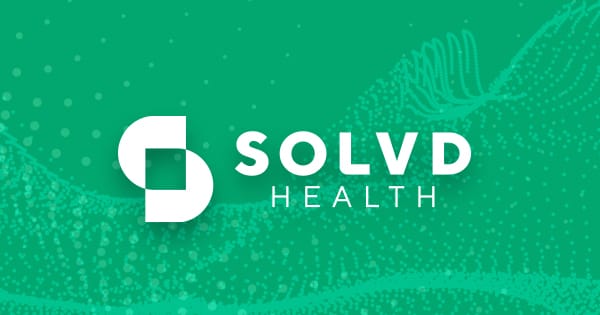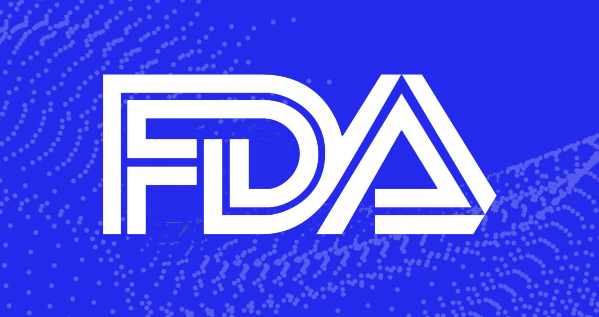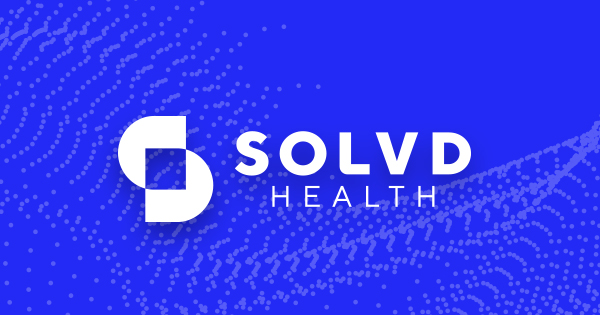
SOLVD Health Names Chief Financial Officer and Senior Vice President of Clinical Operations
News Release
SOLVD Health Names Chief Financial Officer and Senior Vice President of Clinical Operations
CARLSBAD, Calif.–(BUSINESS WIRE)–SOLVD Health, a patient intelligence company focused on creating innovative technologies that identify an individual’s risk of disease by discovering and converting biological signals into predictive, contextual health insights, has appointed Mark Hazeltine as Chief Financial Officer and Ron McCullough as Senior Vice President of Clinical Operations.
Mr. Hazeltine has extensive experience in finance, operations, and strategic development. Before joining SOLVD Health, he served as Chief Business Officer at Exagen Inc., a diagnostics company specializing in autoimmune testing. At Exagen, Mr. Hazeltine held various roles in finance and corporate development, including Senior Vice President of Finance & Corporate Development, General Manager and Chief Operating Officer. He co-led the IPO process and significantly increased reimbursement rates through improved billing processes. Mr. Hazeltine holds a Bachelor of Business Administration from the University of San Diego and a Master of Business Administration from the University of Southern California.
“Mark’s proven track record of driving change, fostering growth, and providing strategic financial leadership in both startup and established healthcare organizations makes him the ideal addition to our executive team,” said SOLVD Health founder and CEO Keri Donaldson. “His deep understanding of the diagnostics industry, combined with his successful IPO experience, fundraising, and operational excellence, will be invaluable as we continue to scale our business and pursue our mission.”
Dr. McCullough is a seasoned executive with a strong background in commercializing high-potential research, clinical diagnostics, and business innovation. He served as the Chief Scientific Officer and co-founder at Intrigue Health, a medical device and digital health startup. Dr. McCullough also chaired the Strategic Advisory Board at Claire Health and served as Senior Vice President of Operations at Pathnostics. He holds a Doctor of Philosophy in molecular and cellular biology and biochemistry from Boston University, a Master of Business Administration from the University of San Diego, and a Bachelor of Science in chemistry and biochemistry from the University of Arizona.
“Ron brings a unique blend of scientific expertise, business acumen, and entrepreneurial spirit to our team,” added Dr. Donaldson. “His experience leading cross-functional teams and driving successful product development and commercialization will help us accelerate our growth and solidify our position as a leader in the industry.”
These additions come at a critical time for SOLVD Health. In December, the U.S. Food and Drug Administration approved the company’s AvertD test, making it the first genetic test authorized to assess the risk of opioid use disorder (OUD) prior to initiating opioid therapy for acute pain management. AvertD empowers physicians and patients to make more informed decisions about pain management options, supporting SOLVD Health’s mission to address pressing healthcare challenges through innovative solutions.
About SOLVD Health
SOLVD Health is a privately held company focused on preventing disease by making contextual health information accessible to everyone. Through the development of insights-based health tools, we are enabling individuals and their providers to make better decisions about their health and the health of their families. We accomplish this by translating complex biological signals into actionable patient data that can point the way to better health. To learn more about us, our solutions, and our career opportunities, visit us at www.solvdhealth.com.
Contacts
Media:
Valerie Melucci
Vice President of Marketing, SOLVD Health
pr@solvdhealth.com
Investors:
Mark Hazeltine
Chief Financial Officer, SOLVD Health
investors@solvdhealth.com




